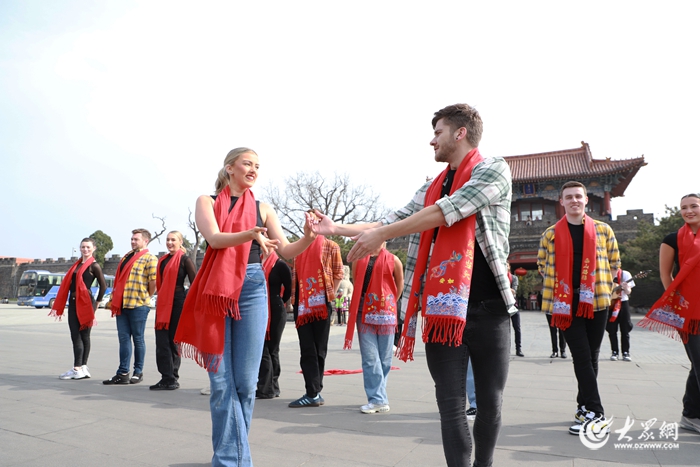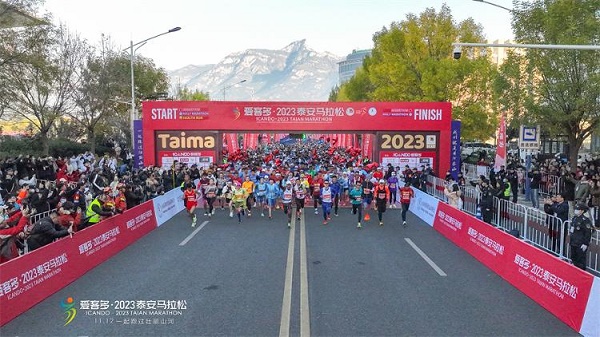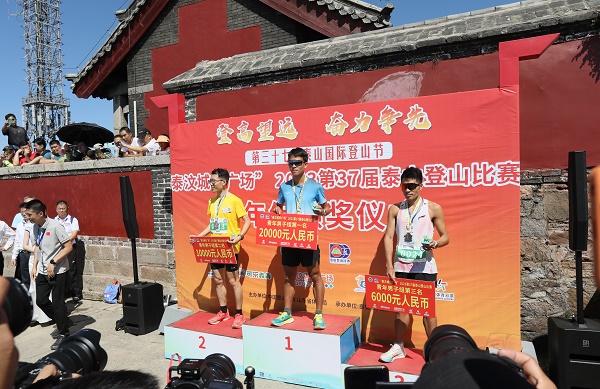Voices from Tai'an's NPC deputies
The first session of the 14th National Committee of the Chinese People's Political Consultative Conference opened on March 4 and the first session of the 14th National People's Congress (NPC) opened on March 5 in Beijing.
Some NPC deputies expressed their opinions and thoughts regarding the ongoing two sessions.
Wen Guangyong, director of the equipment power department of Taishan Fiberglass, said that he wanted to propose the structural problems between company employment and school education as well as the relative suggested solutions to the two sessions as he has been concerned about the shortage of skilled talents in companies.
Wen is involved in the fiberglass manufacturing sector, which is carrying out fast digitalization and intelligent development, but suffering from the shortage of skilled talents.
Kong Yi, vice-dean of Tai'an Academy of Agricultural Sciences, showed great concern about stabilizing grain production and promoting rural vitalization mentioned in the Government Work Report after attending the ongoing first session of the 14th National Committee of the Chinese People's Political Consultative Conference on March 5.
"Grain production is not only a solution to the problem of food demands, but also an important foundation for healthy economic development and a cornerstone of national security and social stability, so we must take action to vitalize the seed industry, strengthen the construction of high-standard farmland infrastructure, and bolster efforts to ensure food security," Kong said.
Zhou Ying, professor from Taishan Research Institute of Taishan University, was happy and confident after hearing the phrase "carrying forward fine traditional Chinese culture and strengthening the protection and inheritance of cultural relics and heritage", which was mentioned in the Government Work Report.
The culture of Mount Tai, a symbol of Chinese culture, is profound and has great research value, according to Zhou. He plans to continue to research, inherit, and promote the culture of Mount Tai.



 Dongping Lake: Paradise for plants, animals
Dongping Lake: Paradise for plants, animals Tai'an forges high-quality development in culture and tourism
Tai'an forges high-quality development in culture and tourism Video: Modern tap dance meets ancient culture in Tai'an
Video: Modern tap dance meets ancient culture in Tai'an

